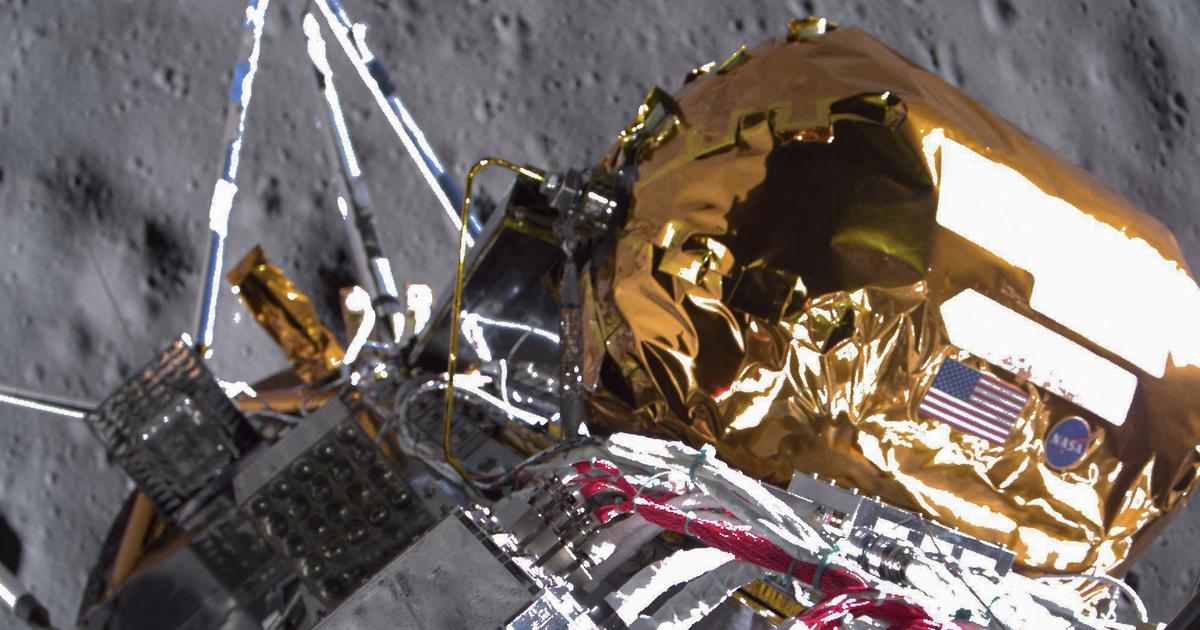Enlarge image
Photo: HANDOUT/AFP
Did the basis for life on earth come from space?
This suggests a discovery reported by the British Guardian.
Dust particles picked up by a Japanese spacecraft from an asteroid some 300 million kilometers from Earth contained a surprising component: a droplet of water.
The underlying findings come from a recent article in the journal »Science«.
In it, a team of around 150 researchers led by the Japanese scientist Tomoik Nakamura from the University of Tōhoku analyzed 5.4 grams of stones and dust collected by the "Hayabusa 2" probe on the asteroid Ryugu.
"This drop of water has great meaning," Nakamura said.
“Many researchers have assumed that water was brought [to earth from space].
We have actually detected water on Ryugu, a near-Earth asteroid, for the first time ever.”
Asteroid collision may have brought water to Earth
Ryugu's samples had been divided among several scientific teams.
In mid-August, researchers published a study on their samples, according to which water could have originated at the edge of our solar system and could have reached earth with the help of asteroids.
According to this, "Type C asteroids, which are rich in volatile and organic matter, could have been one of the main sources of water on Earth."
The discovery of the liquid drop by Nakamura's team reinforces this thesis.
The drop is therefore "carbonated water with salt and organic material".
Asteroids like Ryugu or its larger parent asteroid may have provided water in collisions with Earth, he said.
"We found evidence that this could be directly related to the formation of the oceans or organic matter on Earth."
"Hayabusa 2" was launched in 2014 to the asteroid Ryugu, around 300 million kilometers away.
The probe reached its destination in June 2018 and collected samples from the celestial body the following year.
Two years ago, she returned to Earth orbit and dropped a capsule containing the sample.
tfb







